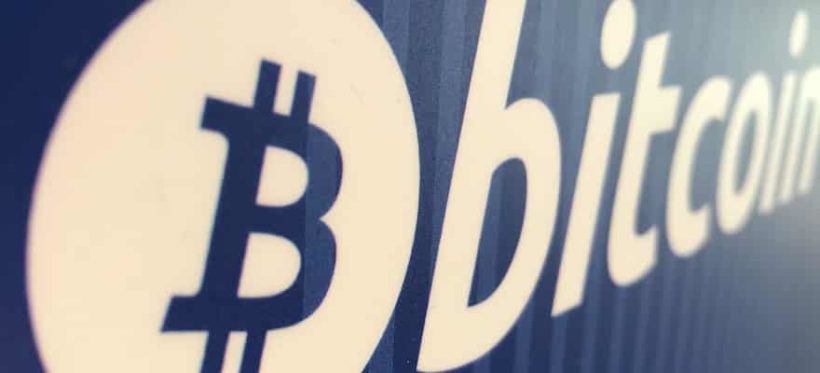The Criminal Investigation Department (CID) of India took statements from an Indian businessman who extorted 2000 bitcoins from crypto project proponents Bitconnect fraudulent money to investigate the operation of the company.
The investigating agency has also started probe into the digital wallets and bank accounts associated with the firm. According to CID officials, questioning of Nikunj Bhatt, Shailesh Bhatt’s nephew, revealed how the cryptocurrency exchange functioned. The firm was managed in Surat by Divyesh Darji and Satish Kumbhani whereas Dhaval Mavani was looking after transactions.
Bitconnect has its registered office in London in the UK. Primary probe, however, has revealed that the address was just a front and there is no office on the said address.
Shailesh Bhatt, was the one who gave in to the vision of the company and brought the program “1.1% profit per day” to the company. business. However, when the company invariably showed its inability to repay its money, a rabid Bhatt was tied up with eight other people on Mavani in December 2017, and extorted 2,000 bitcoins from the developer.
CID officials were able to question Bhatt’s nephew, Nikunj, who was apparently part of the extortion gang as he possessed 12 bitcoins from the 2,000 bitcoin haul. ‘
An official said on the matter,
“Apart from India, the firm has its presence in Indonesia, Vietnam, Hong Kong, Singapore and the US. We have identified a few accounts associated with the transactions and have intimated the respective banks about it,”
Talking about how the firm functioned, officials said that the promoters were active in sale and purchase of cryptocurrency since 2016 where they aggressively promoted Bitcoins as a good investment option in Diamond City and elsewhere. The official continued,
“The promoters used to mention a special software that used to decide on low and high points of Bitcoin for purchase and sale respectively. The difference used to be earning and the firm had promised 365% annual return or 1% daily,”
This cycle was nothing different from a Ponzi scheme, which several other frauds conduct in order to sap in money from people. The cycle went well till beginning of 2018. However, many investors got the idea of trouble ahead in December 2017 and had started pulling back their investment. The firm slowly found it difficult to sustain the cycles after which the firm went bust.











